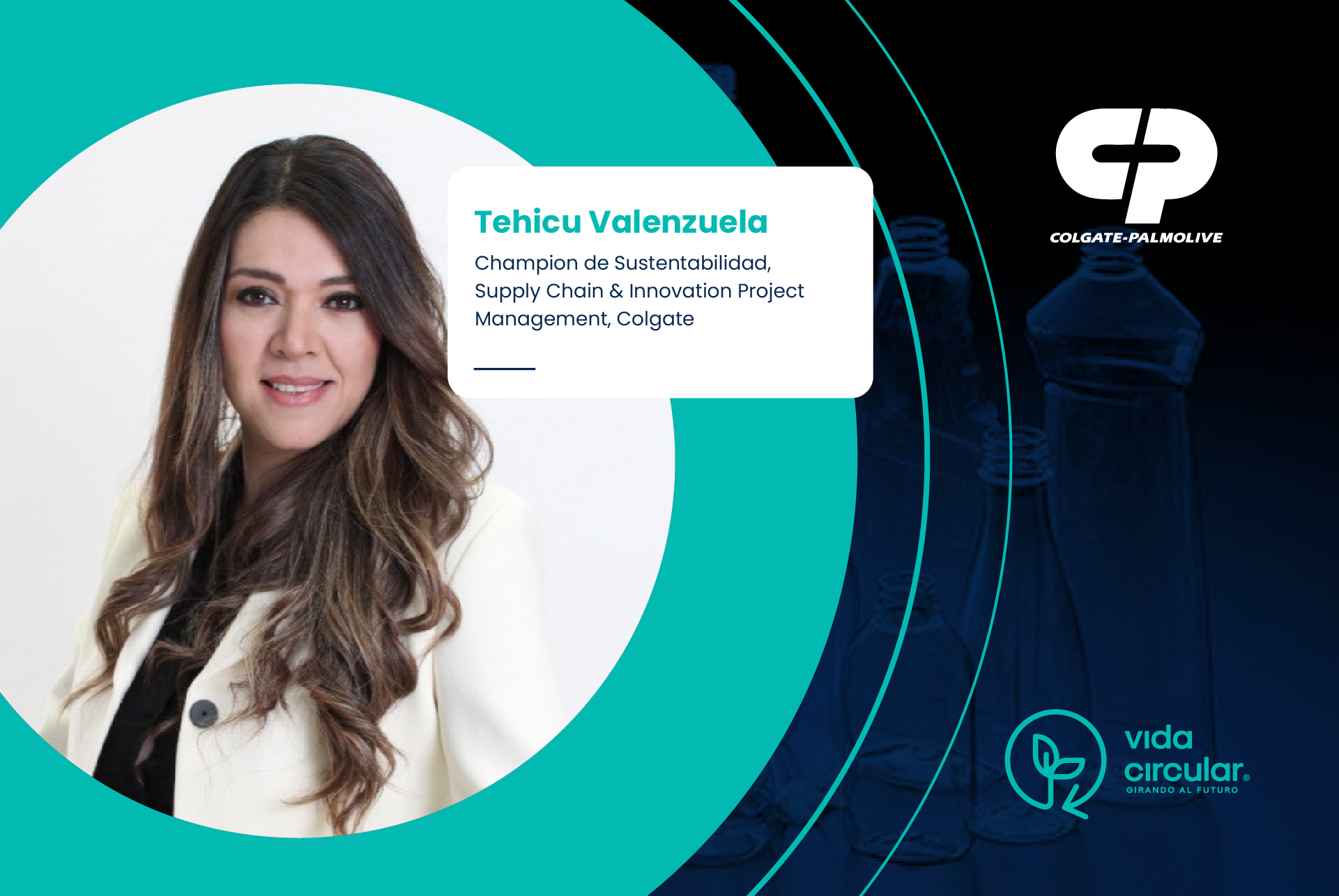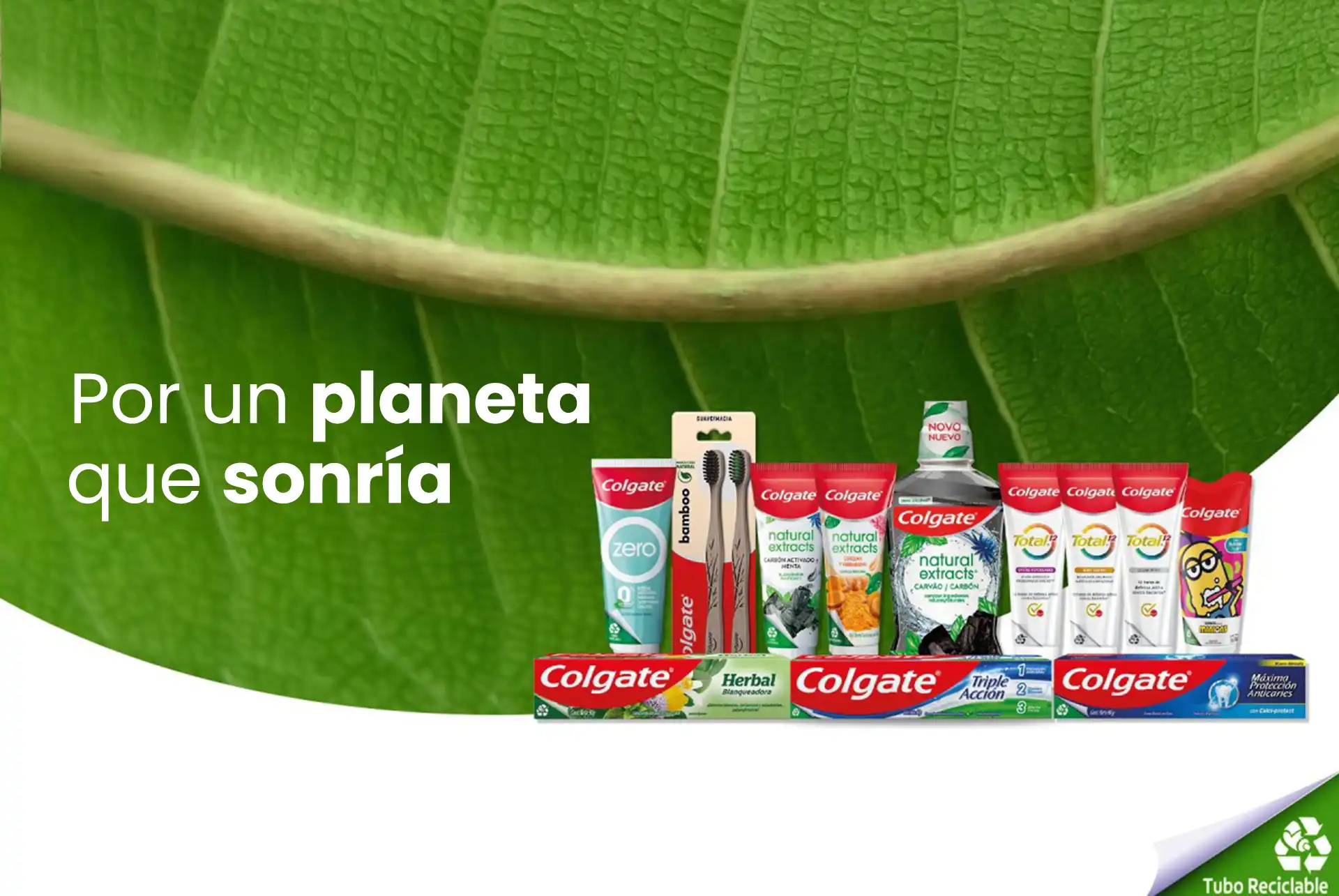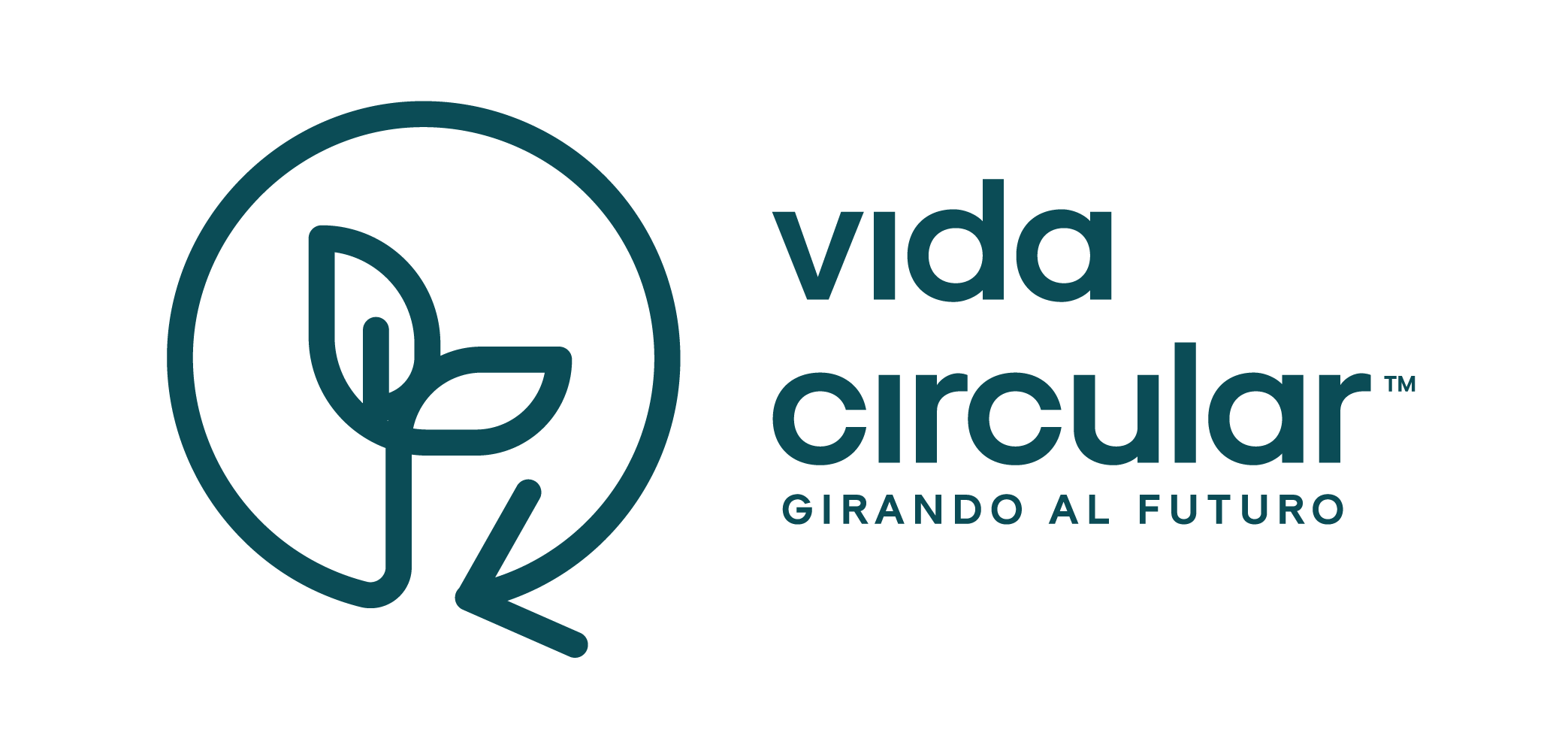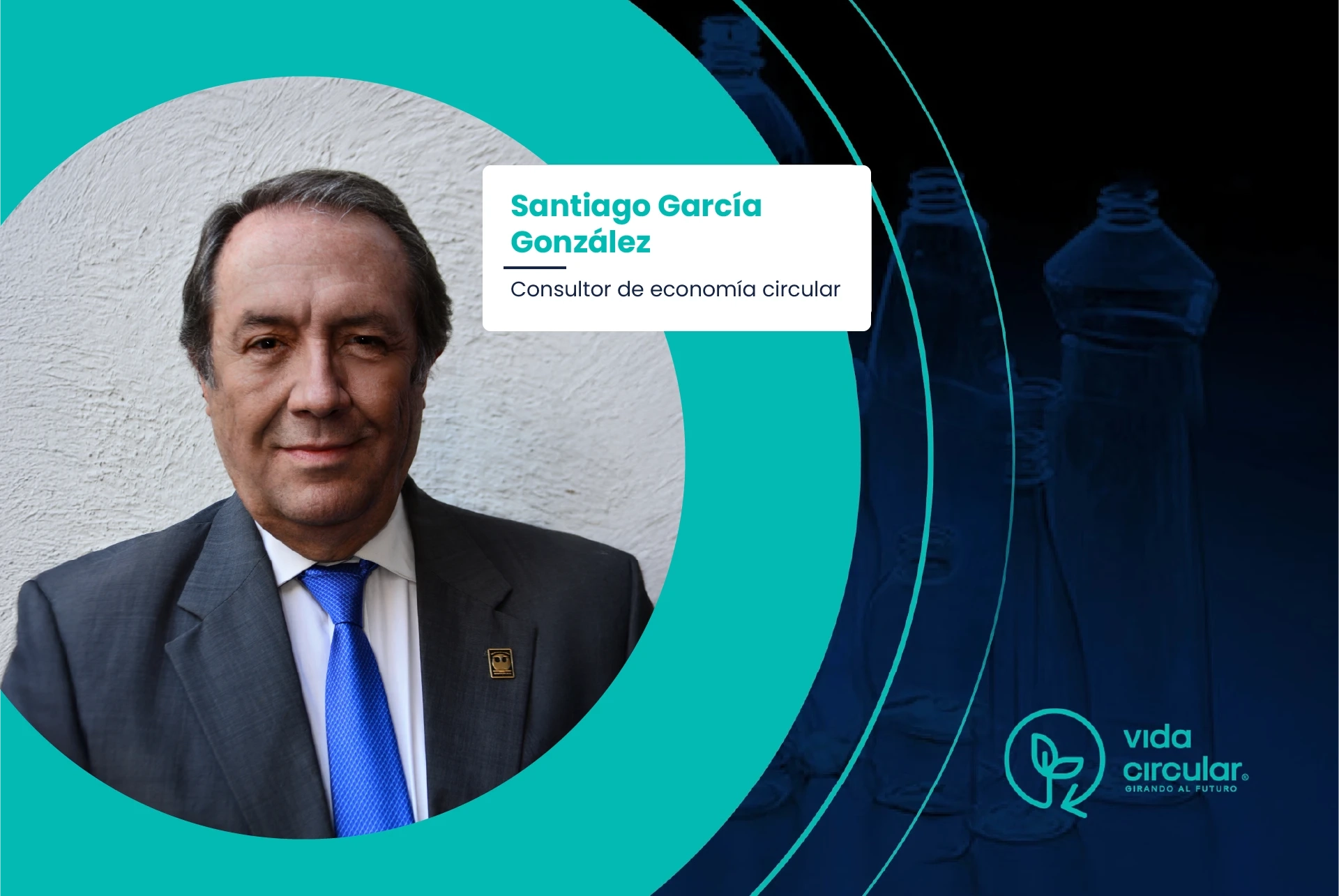
Tehicu Valenzuela: What really makes a product sustainable?

LCA: A process that supports decisions
Life Cycle Assessment (LCA) is like a magnifying glass that helps us to see the environmental impact of a product from the time it is manufactured until it reaches the end of its use. Think of it as following all the steps: from the materials that are chosen, how it is produced, packaged, transported, and finally, what happens to it when we no longer use it. Every decision matters. It's not just about eliminating plastics or reducing waste, it's about improving the whole process to make it truly sustainable.
Here's how it works and what each stage involves:
Raw material:
The cycle starts with something simple but important: choosing good materials. This means using natural things, such as essential oils, fruits or flowers, and avoiding artificial things, such as preservatives or chemical dyes. It is also essential to look for certifications such as RSPO, which guarantees that palm oil is sustainable, and to make sure that no animal testing is done. This keeps everything transparent and ethical.
2. Production:
This stage involves using fewer resources such as water, energy and materials while taking advantage of renewable energies, all of which helps to reduce emissions and waste to a minimum. It is also important to ensure that people work in good conditions and that animal welfare is respected. Finally, certifications such as True Zero Waste are key because they guarantee that more than 90% of waste can be recycled or reused.
3. Packaging
Innovation in packaging is key to reducing environmental impact, as it focuses on using recyclable and biodegradable materials, taking advantage of recycled materials in manufacturing, designing refillable and reusable products such as refill containers, and eliminating single-use plastics. In addition, it seeks to optimize designs to make packaging lighter and use pigment-free plastics, all with the aim of minimizing environmental impact and promoting a more responsible use of resources.
4. Logistics
Transporting products also has an impact on the planet, but there are ways to do it more efficiently. Some key strategies include optimizing fuel usage to reduce CO₂ emissions, using transportation methods such as backhaul and intermodal transport, and eliminating empty miles, i.e., making sure trucks do not travel without cargo. These actions help reduce the environmental impact of transportation.
5. Use
The aim is to put the consumer at the center and encourage more responsible habits. Products are designed to help reduce water and energy consumption. For example, concentrated fabric softeners allow faster rinsing and generate less waste. There are also options such as "goodbye ironing" products, which help save energy by eliminating the need for ironing. All this contributes to a more conscious and sustainable consumption.
6. Final disposition
This is where it is decided what happens to a product when it is no longer used. The aim is to eliminate unnecessary packaging, prioritize reuse and recycling, and prevent products from ending up in landfills or being incinerated. This is achieved through circular design, where materials are reused rather than discarded.

Why is this important to know?
Life Cycle Assessment (LCA) is not complicated, it is the basis for making responsible decisions. Every product in our line, from a recyclable tube to brushes made from recovered plastic, is developed after a detailed analysis that helps us reduce environmental impact at every step of the process.
At Colgate, more than 90% of our certifications are validated by external organizations. A good example is the True Zero Waste platinum level certification, which not only reflects our internal work, but is also a real achievement and backed by experts.
Sustainability is not just a trend, it is a decision based on data and science. LCA allows us to transform resources into more responsible products, contributing to a more sustainable future for all.
Because a product is not sustainable by chance, but because a conscious decision is made.
About the author:
Tehicu Valenzuela is Champion of Sustainability, Supply Chain & Innovation Project Management at Colgate. With a track record dedicated to responsible innovation and the development of sustainable strategies, Tehicu has led projects focused on the implementation of Life Cycle Assessment (LCA) to optimize processes and reduce environmental impacts at all stages of production. Its commitment to transparency, circular economy and external certifications has been key in the evolution of solutions that respond to the needs of the planet and consumers.




